DELEGATE TRAINING VIDEOS
In order to help expand upon the information about Model UN procedures discussed in the NAIMUN Training Guide, the NAIMUN Secretariat is pleased to offer its own delegate training videos. This will include a series of videos covering topics such as background on parliamentary procedures, how to write a position paper, introduction to crisis committees, and much more! Regardless of your experience, we encourage all delegates to watch our training series to get ready for NAIMUN.
The NAIMUN Secretariat also offers a series of free virtual trainings. Learn more about NAIMUN Training and Interactive Program with the Secretariat (TIPS).
I. Introduction to Model United Nations
A. What is NAIMUN?
B. What is Model United nations?
II. How to Prepare for Conference Weekend
A. What is a position paper?
B. How do i research for my committee?
III. General Assemblies
A. What is general assembly parliamentary procedure?
B. What is a resolution? How do i write one?
C. General Assembly Demo
IV. Crisis Committees
A. What is Crisis committee parliamentary procedure?
B. What is a directive? how do i write one?
C. Crisis committee Demo
V. Quick Study Resources
Parliamentary Procedure Slides
Crisis committee Slides
Additional Delegate Preparation resources:
NAIMUN Delegate Training Guide: This training resource, compiled by our conference Secretariat, contains a basic overview of standard and specialized committees, as well as expert tips for succeeding in committee.
Parliamentary Procedure: Check out this guide that goes through the various procedures, guidelines, and flow of committee for most committees!
Crisis Parliamentary Procedure: Check out this guide that goes through crisis committee procedures, guidelines, and flow of committee.
http:/www.un.org: Although seemingly obvious, the United Nations website is an often overlooked resource. Look here for information on the history and current undertakings of various UN bodies and for the full text of previous UN resolutions and conventions.
http://www.un.org/cyberschoolbus/modelun/index.asp: Additionally, the United Nations Cyberschoolbus offers extraordinarily useful guidance, including tips on preparing for a conference and a slew of helpful links.
https://www.cia.gov/library/publications/the-world-factbook: Are you representing a country you don’t know much about? The CIA World Factbook “provides information on the history, people, government, economy, geography, communications, transportation, military, and transnational issues for 266 world entities,” and is a great starting point for basic country information.
http://www.state.gov/r/pa/ei/bgn/index.htm: The U.S. Department of State, using information gathered from its regional bureaus, compiles Background Notes that include facts about the land, people, history, government, political conditions, economy, and foreign relations of independent states, some dependencies, and areas of special sovereignty.
Robert, Henry M., William J. Evans, Daniel H. Honemann, and Thomas J. Blach. Robert’s Rules of Order Newly Revised in Brief. New York: De Capo Press, 2004: The definitive work detailing Robert’s Rules of Order, suggested only as a reference. May be note-worthy to the highly experienced delegate seeking to further an already detailed understanding of parliamentary procedure.
http://www.csufresno.edu/comm/cagle-p3.htm: Provided by California State University, this site contains straightforward explanations about certain aspects of parliamentary procedure. See especially the user-friendly tables “Frequent Things You Want to Do” and “Table of Rules Related to Motions” near the bottom of the page.

